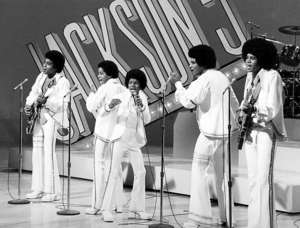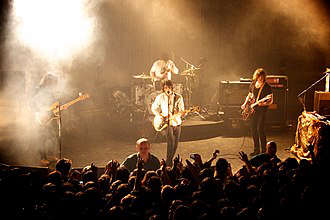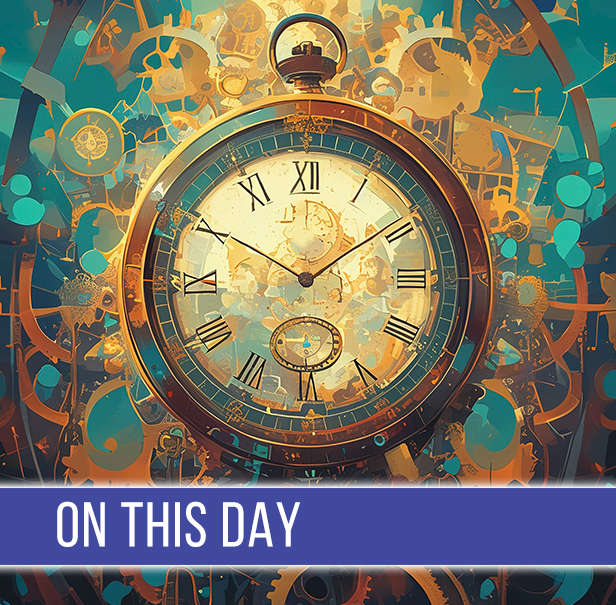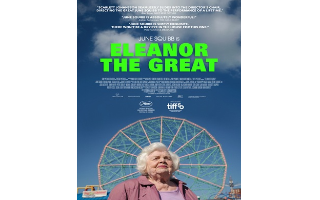
On this day in 2009, the world lost Michael Jackson—an icon whose music, moves, and impact on pop culture remain unmatched.
On June 25, 2009, the world lost one of the most influential—and controversial—entertainers of all time.
Michael Jackson, dubbed the “King of Pop,” died at the age of 50 from acute propofol intoxication while preparing for a long-awaited comeback tour. Sixteen years later, his legacy remains a complex tapestry of musical genius, cultural impact, and personal turmoil.
Jackson, born on August 29, 1958, was the eighth of ten siblings in a working-class household. He launched his music career as part of the Jackson 5, a Motown act formed with his older brothers. At just 11 years old, Michael’s soaring vocals and natural stage presence propelled the group to stardom with hits like “I Want You Back,” “ABC,” and “I’ll Be There.”
Though still a child, Jackson’s ability to command attention with his performances set him apart, signaling the beginnings of a singular career in popular music.
Jackson’s solo career flourished in the late 1970s and 1980s. His 1979 album Off the Wall, produced by Quincy Jones, marked his transition into adulthood and showcased a refined blend of disco, soul, and pop. The album was a commercial and critical triumph.
It was Thriller (1982) that revolutionized music as both an artistic medium and a global business. Selling more than 70 million copies worldwide, it holds the record as the best-selling album of all time. The album produced seven top-10 singles, earned Jackson eight Grammy Awards, and cemented his status as a global icon.
Following Thriller, albums like Bad (1987), Dangerous (1991), and HIStory (1995) continued to set new milestones. Jackson pioneered the modern music video, influenced global fashion, and mesmerized fans with signature dance moves like the moonwalk.
Jackson’s impact extended beyond music. He co-wrote the 1985 charity single “We Are the World,” which raised over $60 million for humanitarian aid. Throughout his career, he donated tens of millions of dollars to children’s hospitals, HIV/AIDS research, and disaster relief efforts.
Despite his fame, Jackson was often portrayed as a deeply private and eccentric figure. He altered his physical appearance dramatically, which fueled public speculation and media scrutiny. His Neverland Ranch and affinity for childlike surroundings further contributed to public fascination—and controversy.
In 1993, Jackson faced his first allegations of child sexual abuse. Although he denied the claims and the case was settled out of court for over $20 million, the damage to his reputation was significant. A second case, brought in 2003, went to trial in 2005. Jackson was acquitted on all counts, but the court proceedings dominated international headlines for months and cast a long shadow over his career.
In 2019, the HBO documentary Leaving Neverland reignited public debate, featuring new allegations from two men who claimed they had been abused by Jackson as children. The Jackson estate and many fans vehemently disputed the documentary’s claims, highlighting the enduring polarisation surrounding the artist’s legacy.
Jackson’s death came as he was preparing for a series of comeback concerts in London titled This Is It. On June 25, 2009, he suffered cardiac arrest at his Los Angeles home. The cause was later determined to be acute intoxication from the anesthetic propofol, administered by his personal physician, Dr. Conrad Murray.
In 2011, Dr. Murray was convicted of involuntary manslaughter and sentenced to four years in prison. He served roughly half of that term before being released in 2013. The trial brought renewed scrutiny to the pressures and vulnerabilities faced by high-profile performers.
In the years after his passing, Jackson's music saw a significant revival in popularity.
Albums re-entered the charts, digital sales surged, and posthumous projects—including Xscape and MJ: The Musical—introduced his work to a new generation. Sony’s recent $600 million purchase of part of Jackson’s catalogue underscores his continuing commercial appeal.
Today, Michael Jackson’s influence is still evident in the work of countless artists across pop, R&B, and hip-hop. He revolutionized music videos, broke racial barriers on MTV, and set a standard for global stardom few have matched. Yet, his name also continues to evoke strong emotions—admiration, skepticism, and, for some, anger.
As the world marks the anniversary of his passing, Michael Jackson’s legacy remains both remarkable and marked by lingering questions.
He was, and remains, a figure of unmatched artistic achievement whose life and legacy will be debated for generations.
Michael Jackson’s 10 Best-Selling Songs (Worldwide Sales)
Estimated figures based on global sales and chart performance:
1. Billie Jean – Over 10 million
2. Beat It – Over 7 million
3. Thriller – Over 6 million
4. Black or White – Over 5 million
5. Don’t Stop ’Til You Get Enough – Over 4 million
6. You Are Not Alone – Over 4 million
7. Smooth Criminal – Over 4 million
8. The Way You Make Me Feel – Over 3 million
9. Bad – Over 3 million
10. Man in the Mirror – Over 3 million
Sources:
• Biography.com
• Rolling Stone
• Associated Press
• HBO
• BBC News
• The New York Times
• Recording Industry Association of America (RIAA)
• Official Michael Jackson Estate & Legacy website
Image: CBS publicity photo 1972



 New Music Monday: Defying the Cold Snap with the Latest Cuts from Friday's Countdown
New Music Monday: Defying the Cold Snap with the Latest Cuts from Friday's Countdown
 How Rush's "Tom Sawyer" Defined a Legend and Ignited a 50-Year Legacy
How Rush's "Tom Sawyer" Defined a Legend and Ignited a 50-Year Legacy
 Arctic Monkeys Return with "Opening Night": A New Chapter for the Sheffield Icons
Arctic Monkeys Return with "Opening Night": A New Chapter for the Sheffield Icons
 Muskoka’s Own Hitmaker: New Biography on Marc Jordan
Muskoka’s Own Hitmaker: New Biography on Marc Jordan
 Hometown Legends Take the World Stage: Green Day Set for Santa Clara Homecoming
Hometown Legends Take the World Stage: Green Day Set for Santa Clara Homecoming













Comments
Add a comment